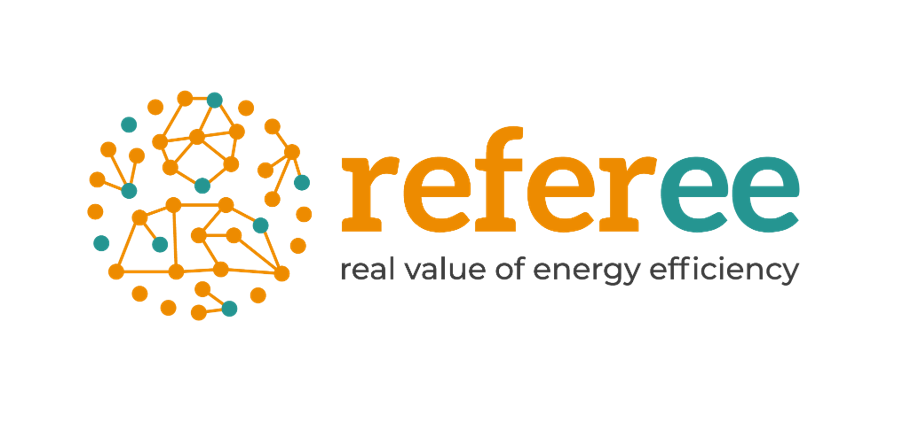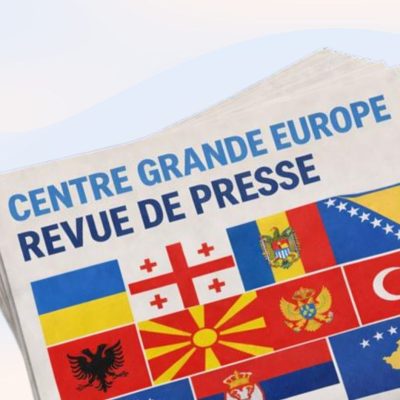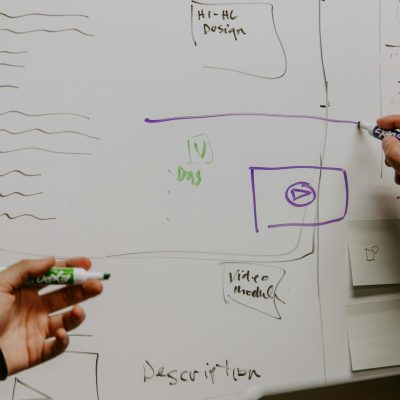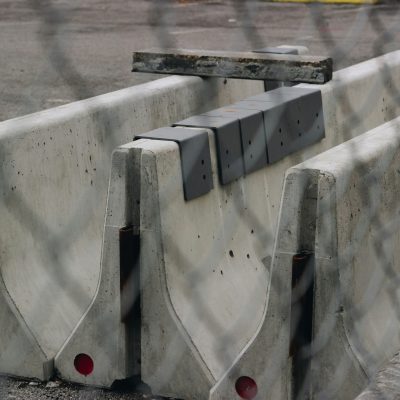- Horizon Europe
REFEREE

Project summary: The main outcome of the REFEREE project is the development of a free online tool for assessing the real impacts – particularly non-energy co-benefits – of energy efficiency measures at national and local levels. Using advanced models, it simulates different policy scenarios and analyses their effects on productivity, employment, well-being, the environment and public finances.
Role of the Institute: The Jacques Delors Institute (JDI) played a dual role in the project: on the one hand, it organised and coordinated the work of the Policy Advisory Group (PAG), a group of experts and stakeholders from national and local levels responsible for formulating recommendations throughout the tool’s development process. Secondly, it led the project’s dissemination activities, aimed at raising awareness of the multiple benefits of energy efficiency and promoting the use of the REFEREE tool among a wide range of actors, in particular public decision-makers.
Achievements: In addition to launching the REFEREE tool (main result), the project produced various awareness-raising materials: an infographic and an educational video on the multiple benefits of energy efficiency, several digital campaigns, a policy brief with policy recommendations, newsletters, and numerous communication materials on the tool’s features. REFEREE was promoted at events including Energy Efficiency Days, the European Summit of Regions and Cities 2024, a session of the Committee of the Regions, and a workshop dedicated to national energy agencies. The final conference, organised as an interactive game during EUSEW 2024, allowed the public to test the tool live. In total, more than 1,000 people participated in our events, half of whom were decision-makers. The digital reach of the project is estimated at more than 100,000 people.
Impact on public policy: JDI has advocated in a policy brief for better integration of the co-benefits of energy efficiency in public policy design and has made several recommendations, such as the systematic integration of multiple benefits into national and local policies (e.g. via PNECs), strengthening the capacity of local authorities to collect data and assess non-energy impacts, in particular through dedicated European resources; developing specific methodologies tailored to the needs of public and private actors; integrating these benefits into the investment decisions of financial institutions; and actively promoting the use of existing tools such as REFEREE at all levels of governance.
In concrete terms, the REFEREE tool makes it possible to assess the economic, social, environmental and energy impacts of energy efficiency policies. The tool can process different types of instruments, such as taxes or subsidies on fuels or vehicles, increasing the rate of building renovation, phasing out certain technologies or fuels, requiring changes to the energy mix, and improving energy efficiency in domestic buildings. The results include energy costs, international competitiveness, productivity, GDP, employment, demand for skills, demand for heating, air pollution costs, the share of fuel imports in production, the amount of water used for electricity generation, etc. Several cities and ministries have been trained in the use of the tool to encourage its use.
List of REFEREE publications
- Camille Defard, The multiple benefits of energy efficiency, REFEREE, Infographic, January 2023
- Klervi Kerneïs and Alicia Barbas, The multiple benefits of energy efficiency, REFEREE, Video, May 2023.
- Klervi Kerneïs and Camille Defard, The multiple benefits of energy efficiency, REFEREE, Policy brief, July 202
- Klervi Kerneïs, Report on feedback and recommendations from policy consultations based on results from the PAG’s work, REFEREE, Report, April 2024
- Klervi Kerneïs, Alicia Barbas and Julian Kasapov, Final report on dissemination activities, REFEREE, Report, July 2024
Our publications
Our similar projects
- Horizon Europe
Sun4All
The Sun4All project facilitates access to renewable energy for households in energy poverty through financial schemes and energy sharing programmes in four European pilot cities.
- Horizon Europe
Energy PROSPECTS
Energy PROSPECTS aims to highlight the different forms of energy citizenship and analyse the conditions that promote active participation in energy systems.





